Welcome to the era where artificial intelligence (AI) is no longer a distant science fiction concept, but has crept into every corner of life!
Among them, OpenAI's ChatGPT has emerged as a phenomenon, especially attracting a large and dynamic user force, which is Gen Z. Not just stopping at composing emails or searching for information, this young generation is using ChatGPT in ways that surprise many people - turning it into a real "life advisor".
At the recent AI Ascent event hosted by Sequoia Capital, and in an interview posted on the venture capital fund's YouTube channel, OpenAI CEO Sam Altman shared some noteworthy insights.
He paints a multigenerational picture of ChatGPT engagement, with Gen Z emerging as the most “immersed” users. “They almost don’t make a life decision without asking ChatGPT what to do,” Altman says. “It has all the context of the people in their lives and what they’ve been talking about.”
Portrait of the "ChatGPT generation": When AI becomes the operating system of life
Altman’s statement isn’t just empty talk. Gen Z (those born between 1997 and 2012) isn’t just using ChatGPT to do homework, have fun, or write simple code. They’re relying on the AI to manage personal relationships, plan their careers, and make life-changing decisions.
According to Altman, young people don’t just converse with AI, they build “complex workflows” around it. “They really use it as an operating system,” he says. This includes establishing connections between ChatGPT and multiple personal files and storing complex prompts for reuse when needed. This approach demonstrates a deep level of integration that goes beyond treating AI as a simple search tool.
Altman describes the generational divide quite clearly, although he admits this is an “oversimplification.” Older adults (Baby Boomers, Gen X) use ChatGPT as an alternative to Google, mainly for searching for information.
Millennials/Gen Y people may use it as a “life advisor”, seeking advice on personal and professional issues. Meanwhile, college students (mostly Gen Z) use it as a “personal operating system”, integrating it into every aspect of their studies and life.
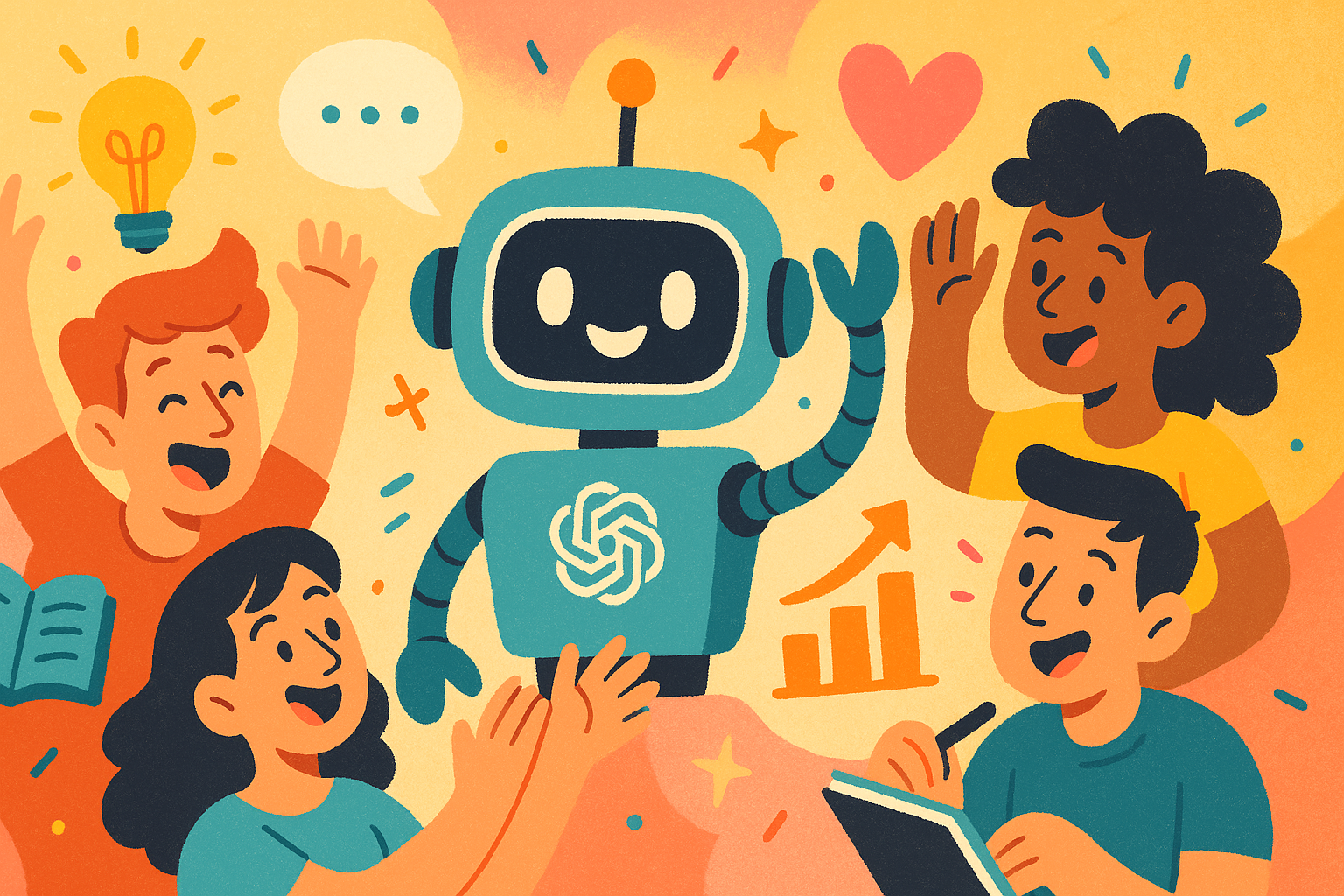
From love affairs, career orientation to solving psychological crises - young people, especially Gen Z, are considering ChatGPT as a "companion", even a life advisor (Illustration: Medium).
The numbers back this up. A February report from OpenAI found that college students in the US are the most active users, both in terms of numbers and the extent to which ChatGPT is integrated into their daily routines.
More than a third of Americans aged 18 to 24 say they use ChatGPT, making this group the most active on the platform. New York magazine even ran a feature article with the rather shocking headline: “Everyone is Cheating Their Way Through College,” reflecting part of the reality of AI use in the academic environment.
This trend isn’t limited to college students. A January 2024 Pew Research survey found that 26% of American teens ages 13 to 17 used ChatGPT to help them study, up from 13% in 2023. This suggests a generation is growing up with AI, seeing it not just as a tool but as a permanent “digital advisor.”
Explaining the irresistible attraction: Why does Gen Z "connect" with ChatGPT?
So what makes ChatGPT so unusually "compatible" with Gen Z?
One of the key elements, Altman explains, is ChatGPT's ability to remember. "It has a whole context about every person in your life and everything you've said to it," he says. This feature, which OpenAI has added and improved, creates the feeling of being "understood" by the AI, offering personalized responses based on your conversation history. This is especially important for a generation that values individuality and wants to be heard.
Additionally, Gen Z is the first generation to have grown up entirely in a digital environment. They have an innate comfort with technology and the ability to quickly adapt to new tools. Sam Altman once compared the young generation’s proficiency with ChatGPT to how previous generations quickly mastered smartphones, while older people took longer to get used to basic functions.
The convenience, near-instant response times, and 24/7 access to “advice” are also big pluses. In a world that is constantly moving and under pressure to be “connected,” having an “advisor” who is always ready to listen and offer suggestions, even if it is AI, brings a certain value. For some young people, ChatGPT can also be a private space to confide in others and seek advice without fear of being judged by real people.
When "virtual advisors" take the throne: Voices from experts and concerns that cannot be ignored
Gen Z's growing engagement with ChatGPT, especially in making important decisions, has inevitably raised concerns from experts and educators .
The primary concern is the risk of overdependence. Regularly relying on AI for answers or solutions can undermine young people’s independent thinking, problem-solving skills, and decision-making abilities. A UK study found that frequent use of AI tools can harm critical thinking abilities, especially in young people. Younger participants who relied more on AI scored lower on critical thinking.
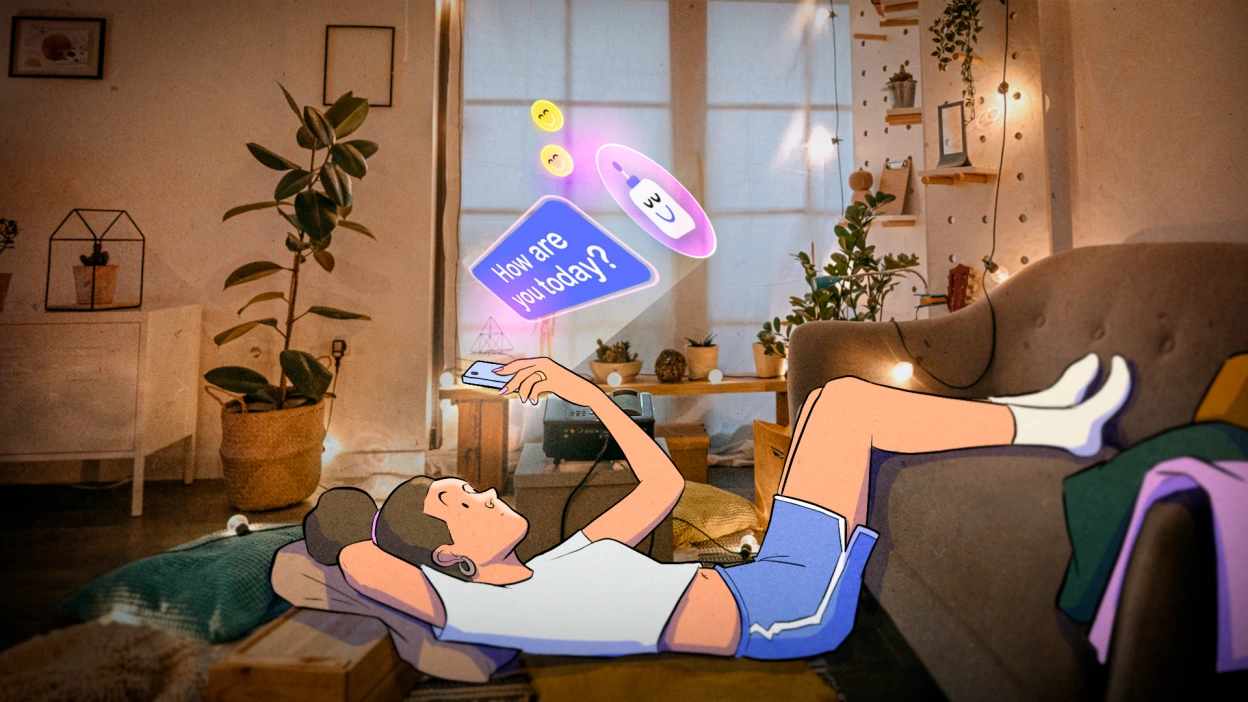
Experts warn to be cautious when using AI to give important advice related to health, safety or personal emotions (Illustration: Mashable).
The accuracy and reliability of information and advice from ChatGPT is also a big question mark. Although trained on a huge database, ChatGPT can still give incorrect information, bias or inappropriate or even dangerous advice.
A study published in November 2023 warned that “extreme caution should be exercised when using ChatGPT to seek safety-related information and expert advice,” and stressed the need for ethical standards and safeguards to ensure users understand the tool’s limitations. Some researchers have also argued that large language models like ChatGPT are “inherently inhumane,” making it risky to trust their advice.
Ethical and social issues are also raised. The growing use of chatbots as companions by teens has led to specific concerns. California lawmakers have proposed a bill that would require AI companies to remind young users that they are conversing with machines, not humans. An April report by Common Sense Media and researchers from Stanford University also recommended that children not use AI services that serve as companions.
However, there are also studies and experiments that show that using ChatGPT to ask for advice in general situations can be harmless, and even useful in some cases. OpenAI has not yet made an official comment on whether using ChatGPT to ask for advice is safe and reliable.
Some studies have also shown that high-frequency use of ChatGPT can increase feelings of loneliness and social isolation, even though AI can help improve work productivity.
Economic Perspective: AI, Gen Z and the Future Labor Market
From an economic perspective, the rise of AI and how Gen Z embraces it has important implications. Investments by major funds like Sequoia Capital in OpenAI (Sequoia first invested in 2021 when OpenAI was valued at $14 billion, and the company is now said to be valued in the hundreds of billions of dollars after funding rounds) show huge confidence and expectations in the potential of this technology.
Sam Altman has also repeatedly emphasized that in the future, mastering AI tools is no longer an advantage, but a minimum condition to not fall behind in the labor market. He advises Gen Z to focus on mastering AI as a career strategy. The ability to understand and use AI (AI literacy) is predicted to be one of the most sought-after skills. Businesses are also increasingly prioritizing candidates with AI skills.
However, this also poses a challenge on how to make Gen Z not only AI users but also technology masters, developing skills that AI cannot replace such as critical thinking, creativity and emotional intelligence.
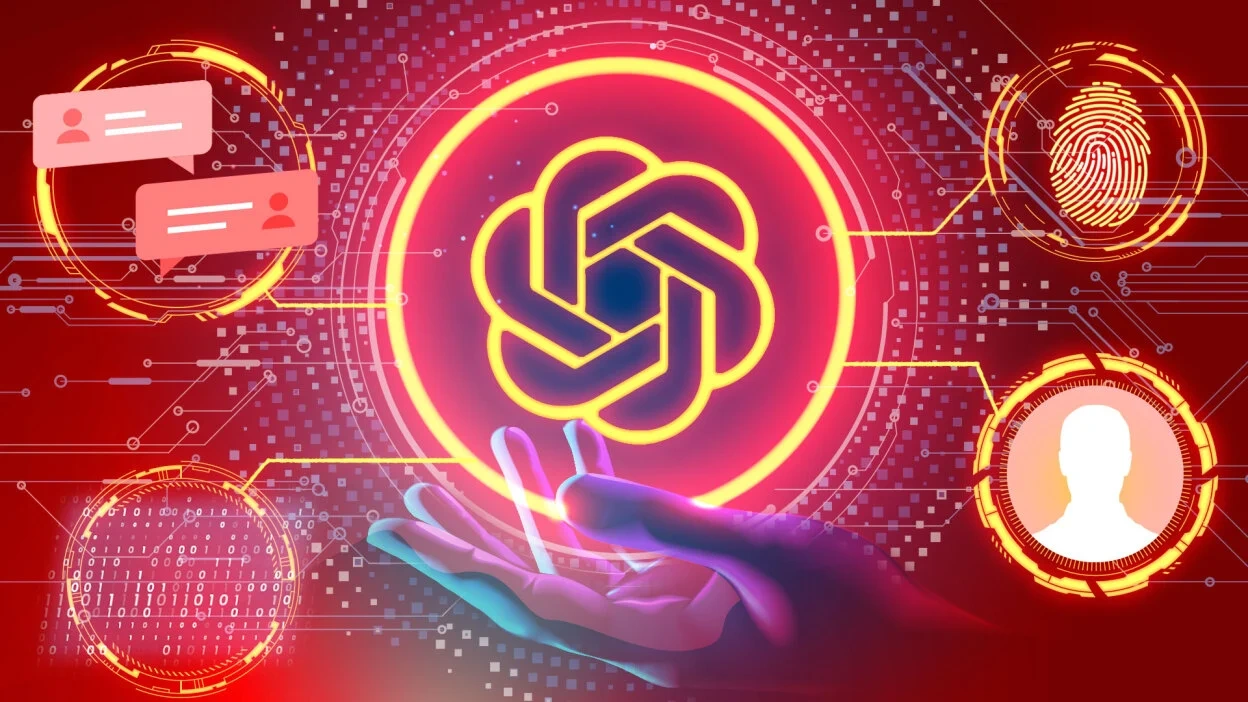
Proficiency in AI tools is no longer an advantage, but a minimum requirement to not fall behind in the labor market, and businesses are increasingly prioritizing candidates with AI skills (Illustration: Shutterstock).
There’s no denying that ChatGPT and similar AI tools are ushering in a new era where young people have near-instant access to knowledge, advice, and emotional support. But with the convenience comes the difficult question: are they losing the ability to think for themselves and make decisions?
Perhaps the answer lies in how individuals, and society as a whole, understand AI for what it is: a useful tool, or an excessive “psychological stick”. With the current rate of spread, the role of ChatGPT in the lives of young people will continue to be a hot topic not only in technology, but also in education, psychology and social ethics.
Source: https://dantri.com.vn/kinh-doanh/chatgpt-va-gen-z-co-van-toan-nang-hay-con-dao-hai-luoi-20250515110913708.htm





















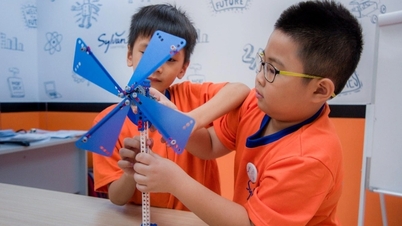
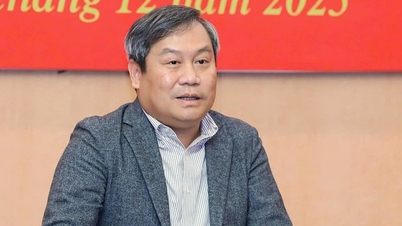
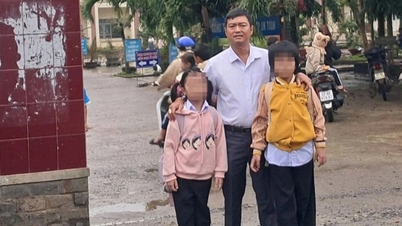













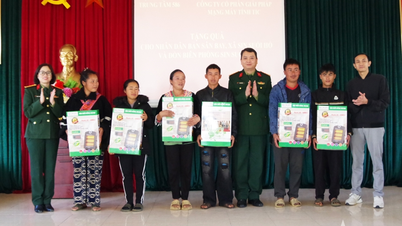































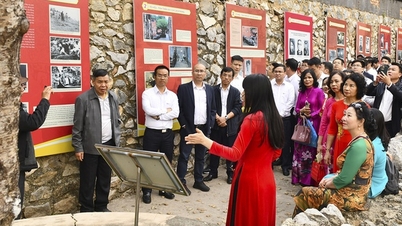









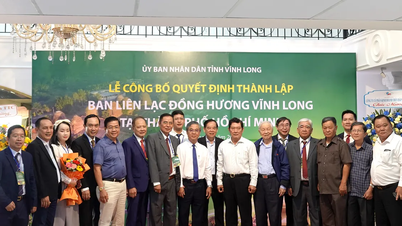


















Comment (0)